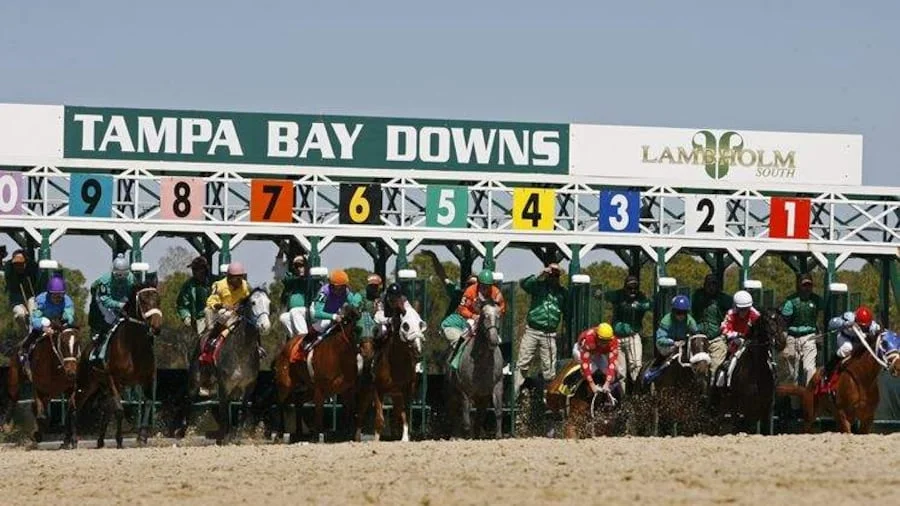
What Lies Ahead for Florida’s Horse Racing Industry?
In a dramatic turn of events within the Florida legislature, the future of the state's horse racing industry hangs in the balance amidst the ongoing debates over a controversial decoupling bill. As stakeholders rally to protect their livelihoods, will their voices be heard in time?
Recent developments unfolded on Tuesday, April 15, 2025, when a standalone bill aimed at decoupling the live racing requirement from the operational authorization for Gulfstream Park and Tampa Bay Downs was momentarily postponed in the Senate. However, this setback was countered by the introduction of similar language into a broader gambling bill (HB 1467) during a House Commerce Committee hearing, which was subsequently passed by a vote of 17 to 9.

Under the proposed amendment, Gulfstream Park would be mandated to conduct live racing for at least five additional years—a slight reduction from the previous seven-year requirement. This legislative maneuver has placed two separate decoupling bills on the table within the House, considerably complicating the legislative landscape.
The implications of this proposed decoupling are vast and dire according to many in the industry. Prominent voices like Democratic Representative Felicia Simone Robinson expressed the need for public involvement in such critical decisions that could impact the very fabric of community and culture surrounding horse racing. “If this is to go any further with the decoupling, it needs to go back to the people,” she stressed, calling for a referendum.
Furthermore, Republican David Smith shared insights from his visit to Tampa Bay Downs, where he discovered no support for decoupling among the constituents he spoke to—highlighting deep-rooted concerns among racing fans and industry workers. Proponents of the bill, like Republican Rep. Adam Anderson, argue that extending the live racing requirement offers time to adapt to what they characterize as a necessary evolution for the industry.
As these discussions unfold, experts within the Thoroughbred industry, such as Damon Thayer from the Thoroughbred Racing Initiative, view the Senate's postponement of the decoupling bill as a beacon of hope. “It was a very good day for us. The fight is not over,” he remarked, acknowledging the need for continued vigilance against the push for decoupling.
The stakes could not be higher for those connected to Florida's horse racing and breeding industry. As Jessica Steinbrenner, president of Kinsman Farm, poignantly noted, the decoupling process threatens not just the tracks, but a legacy that has provided jobs and passionately engaged generations in the state. “Florida must preserve our beloved industry for the children who dream of working with thoroughbreds,” she emphasizes, underscoring the personal and historical stakes in the fight ahead.
As we await the next steps from state lawmakers, one must ponder: Will Florida's political leaders heed the call of their constituents or forge ahead with a plan that risks dismantling an iconic piece of their cultural identity? What do you think the future holds for Florida horse racing?
We encourage our readers to share their thoughts and experiences related to this significant issue that dances around the heart of Florida's proud horse racing tradition.